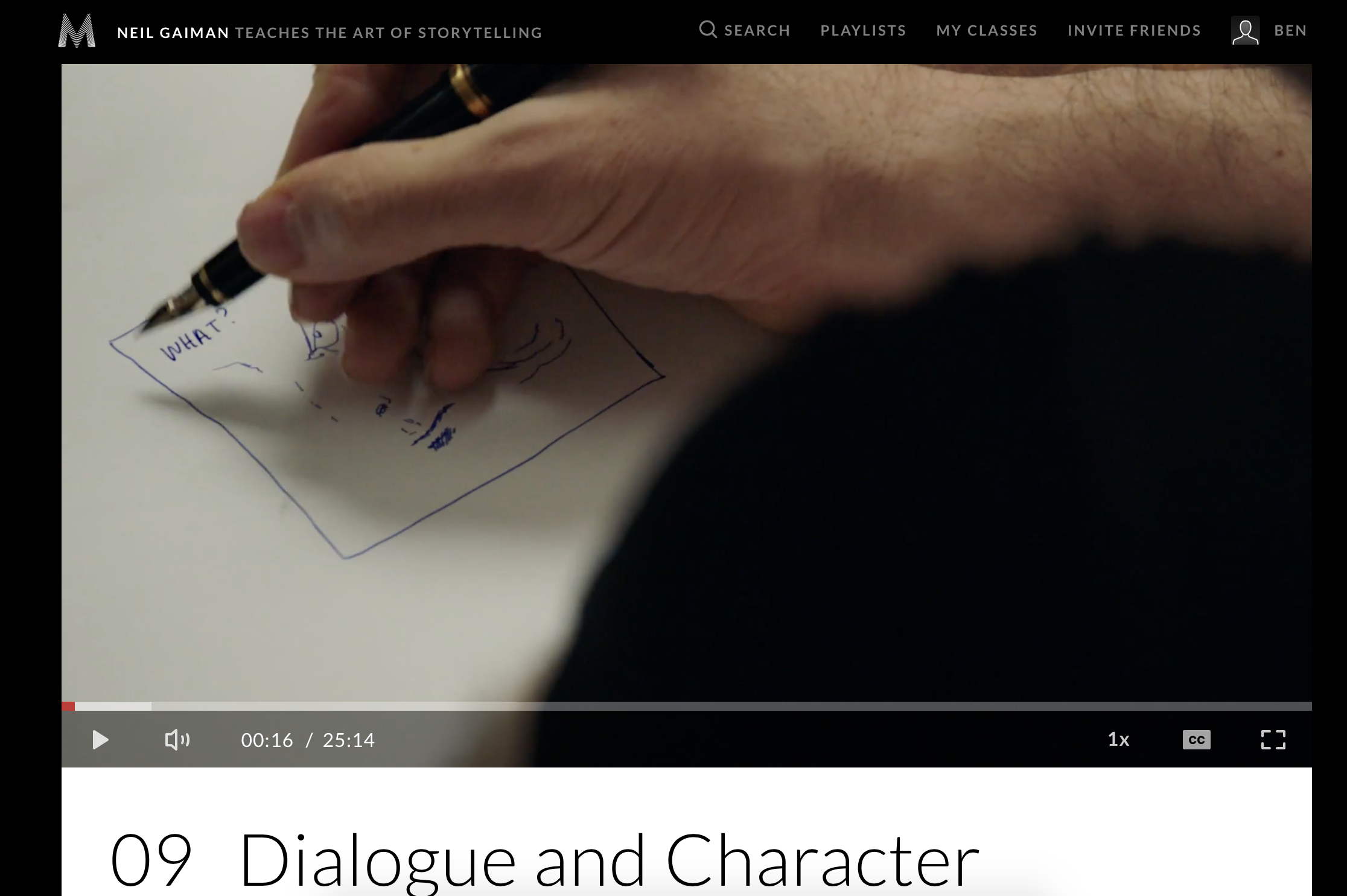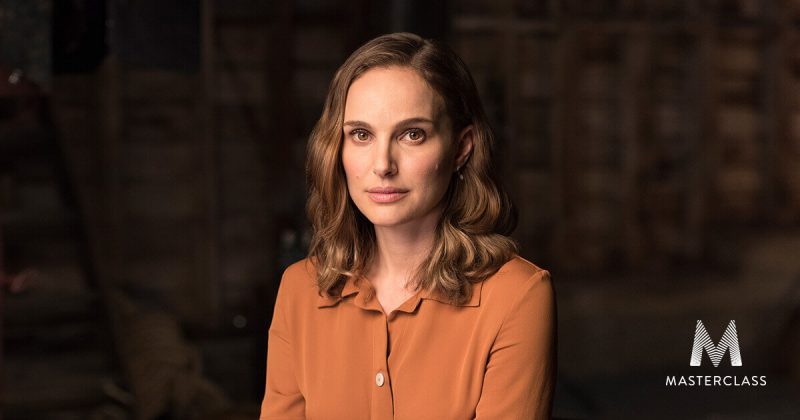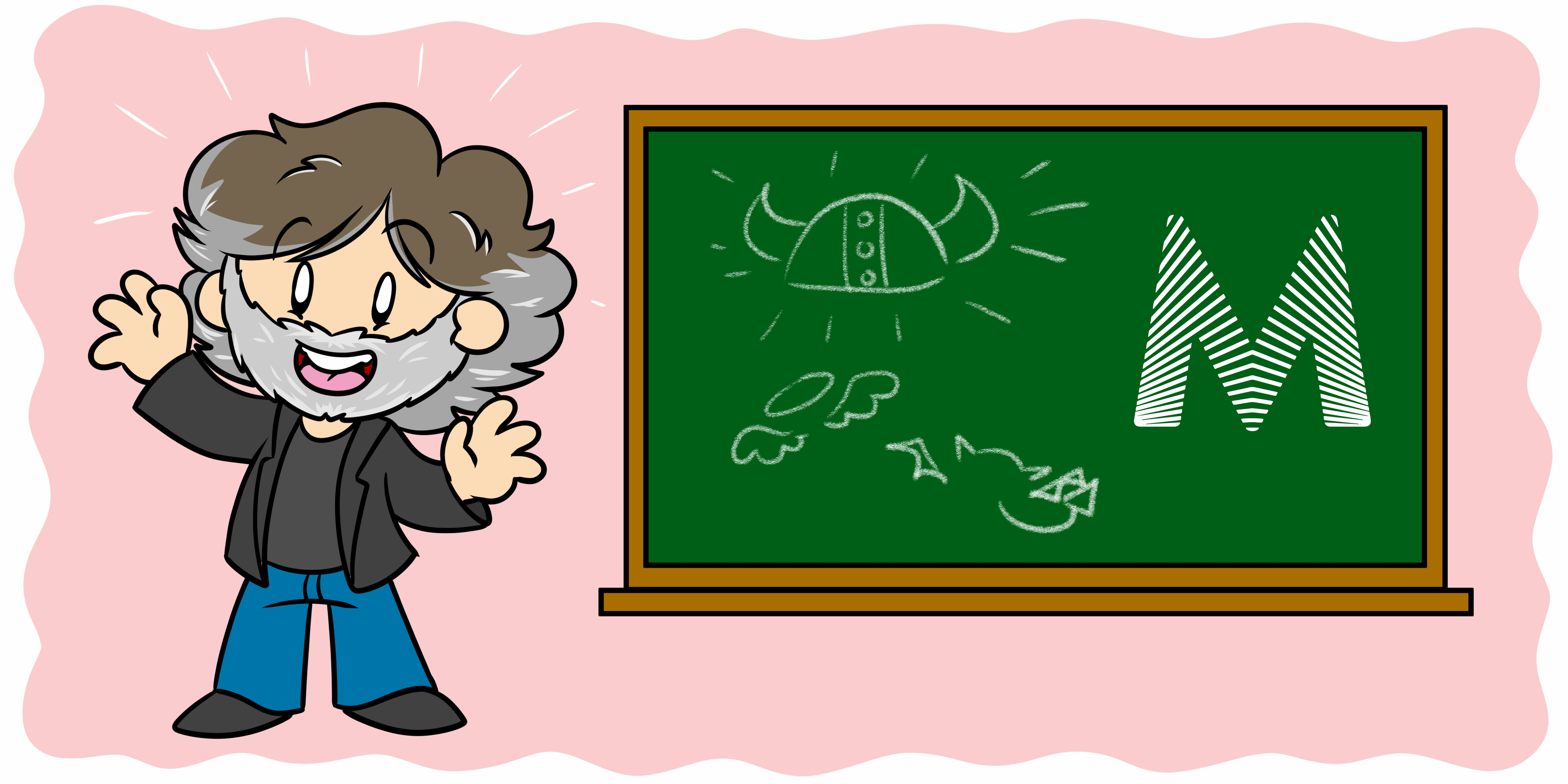Neil Gaiman Masterclass Review If you are interested in writing a novel or in becoming a storyteller, then you can check out the Neil Gaiman Masterclass. In this particular course, you will find more than nineteen videos totaling approximately five hours and numerous workbooks with tips and homework assignments in PDF format. Masterclass.com SITERIP 1080p WEB-DL H.264 AAC2.0. Aaron Franklin Teaches Texas-Style BBQ/-FranklinCompleteWorkbook.pdf 7.95MB Aaron Franklin Teaches Texas-Style BBQ/Aaron Franklin Teaches Texas-Style BBQ S60E01 Introduction.mkv 131.13MB.
© Provided by The Independent'Neil Gaiman may be best known for his works of fiction, from his comic book series, TheSandman, to his popular novels, Stardust and AmericanGods. However, it is his latest work, very much grounded in reality, that the English author hopes will have the greatest impact.
On Tuesday, Mr Gaiman is launching a new video campaign in collaboration with the United Nations refugee agency, UNHCR, to help raise funds to support Syrianrefugees in the Middle East throughout the winter season.
Much of the funding raised will be dedicated to refugees in Lebanon, where families are facing a record-breaking level of “extreme poverty” in the midst of the coronavirus pandemic, according to the UNHCR.
‘There are people out there…who need help’
Speaking with The Independent on Monday in a video call from his home in Scotland’s Isle of Skye, Mr Gaiman, who has served as a UNHCR Goodwill Ambassador since 2017, said it was more important now than ever for people to give what they can to support refugees around the world.
“It’s very easy when you are dealing with your own nightmares and your own problems — and all of us are dealing with them through 2020 — to forget that there are people out there who have less than you and who need help and who are now having to cope with things like Covid in camps,” Mr Gaiman said.
© Provided by The Independent UNHCRIn an effort to draw attention to the UNHCR’s Winter Appeal, which provides financial support to help refugees get through the season, Mr Gaiman has released a new video in which the author recites his poem,What You Need to Be Warm, as animated scenes depicting each line play out, from a child warming up in front of a radiator, to the author himself donning a series of animated coats and outerwear.
The poem was first published in 2019 to help shine a light on how difficult the winter months can be for refugees around the world and the artwork featured in the new video was crowdsourced from the contributions of hundreds of artists from all walks of life, including schoolchildren, fans and long-established artists and animators. In total, more than 900 artworks were contributed to the cause after Mr Gaiman put out the call for submissions to his more than 2.4 million followers on Twitter.
“I think this is, in a lot of ways, the hardest time of all. That was why I loved the idea of us taking the poem I wrote about warmth…and going okay, well, we did a thing about the cold and winter and refugees and this year, it’s worse,” Mr Gaiman said.
“It’s not like any of that is better than it was in winter of 2019. Everything now is 10 times worse, 50 times worse, 100 times worse. So, let’s see what we can do to fix it or at least improve it in some way. ”
Indeed, speaking with The Independent, UNHCR spokesperson Lisa Abou Khaled said Syrian refugees in Lebanon are facing what is likely to be their most difficult winter yet.
In the midst of the coronavirus pandemic and due to the compounding impacts Lebanon’s economic crisis, the proportion of refugees falling below the extreme poverty line of making less than $3 a day has soared to a record-breaking nearly 90 per cent, compared with 55 per cent in 2019.
‘The situation is very dramatic’
“On top of the economic crisis, Covid-19 has obviously had a huge impact on the ability of refugees to find work because most of them were working or finding daily labour opportunities and unfortunately, most of them have lost those opportunities during lockdowns and as other confinement measures were taken,” Ms Abou Khaled said.
The explosion that rocked Beirut in August, she noted, has also taken a toll on refugees, with some living in the country’s capital seeing their homes damaged or destroyed, while many have suffered from the economic fallout of the disaster.
“Like everyone affected by the blast, some refugees were living in some of the poorest neighbourhoods affected by the blast and its impacts and they are will now be exposed to the winter elements,' Ms Abou Khaled said.
“So, basically, 90 per cent of refugees need help to survive,' the UNHCR spokesperson said. “This where the situation stands unfortunately, right now. The situation is very dramatic. It’s very serious.”
© Provided by The Independent Syrian refugee Rima Jassem holds her newborn girl as she sits with her boys in a small room on the roof of a building overlooking the ravaged port in Lebanese capital Beirut, on September 18, 2020. Refugees living in affected areas in Beirut have also been impacted by the August explosion.AFP via Getty ImagesThe UNHCR spokesperson warned that the agency was seeing of an “increasing level of despair” among refugees “due to the very precarious economic situation'.
“The level of depression, attempted suicide and self-harm amongst refugees has increased dramatically in the past few months in Lebanon,” she said.
However, Ms Abou Khaled noted, refugees around the world are in dire need of support.
In a statement shared with The Independent through the UNHCR, Samira, a Syrian living in the Azraq refugee camp in Jordan, which was built for refugees of the Syrian Civil War, said the message behind Mr Gaiman’s poem is one that resonates deeply.
“All of us, and I speak for all Syrians, have been through what [Neil] describes in the poem,' said Samira, who helped with the art design of another project featuring words from Mr Gaiman’s poem.
'There were points when we could not find food to feed our children when…there was nothing to cover our children with to keep them warm. All of us have gone through this journey,” she said.
‘A lifesaving program’
The proceeds raised by Mr Gaiman’s video campaign in collaboration with UNHCR will go towards helping Syrian refugees in the Middle East survive the season.

“We’re aiming to reach 90 per cent of Syrian refugees with support with the winter cash program. It’s a lump sum that will help them buy fuel, warm clothes and basically survive this winter,” Ms Abdou Khaled said.
“This is considered to be a lifesaving program…but we still don’t have enough money to reach that 90 per cent of refugees.”
Neil Gaiman Masterclass Torrent English
Mr Gaiman said he is hopeful that his video campaign will help bring in donations for the Winter Appeal to help keep families safe and warm this season.
“It’s why I’ve been banging the drum now for refugees for seven years or more,' he said, with the author having first visited refugee camps in Jordan in 2014 to understand better what the situation was like on the ground.
“I wound up going in 2014 to Jordan and seeing the camps up close and...talking to refugees and that was life-changing. I came away, there are photos of me coming away from there with this sort of thousand-yard stare. I just realised for myself how incredibly fragile civilisation is.”

“These were people from towns, cities and villages who had completely normal lives a year ago, two years ago, four years ago, they had corner shops. They were working selling cars, selling insurance, they were dentists. Everything was normal and then the world fell apart,” he said.
While 2020 may have been a difficult year for many around the world, Mr Gaiman said he hoped those who can afford to stay warm during the coming winter months will try to “remember how lucky you are to be warm and remember that there are people out there who aren’t.”
“Just think of what it’s like in the bleak mid-winter for refugees all over the world,” He said. 'Think of them shivering and then reach into your pocket and send something.”
Neil Gaiman’s UNHCR campaign can be visited here.
Neil Gaiman is having another moment.
Next month the ultra-prolific author sees season 2 of the turbulent-behind-the-scenes, brilliant-on-the-screen series American Gods, now more closely based on his novel, premiere on Starz. A mere two months later, the screen version of Gaiman's apocalyptic comedy book co-written with Terry Pratchett, Good Omens, is unleashed on an unsuspecting world via Amazon Prime.
And while all this was in the works, the bearded bard of all things mythological casually became a writing professor for the whole plugged-in planet.
Gaiman's course, titled 'The Art of Storytelling,' is now available on the celebrity learning app MasterClass. I'm far from the only Facebook denizen to see the ad for this class dominate my news feed in recent weeks. Social media knows us nerds too damn well. (It probably also knows most of us have half-finished novels stuck in desk drawers.)
Probably the most devilishly clever thing about MasterClass is its pricing structure. You get a single course with a celeb for $90 (the growing roster currently includes Serena Williams, Martin Scorsese, Gordon Ramsay and Hans Zimmer), but $180 gets you a one-year all-access pass. Getting all the classes for the price of two is a marketing sleight-of-hand that can make you forget that one is pretty pricey.
Gaiman's a great writer, but is his class worth it? That's what I signed up to find out. I watched both Gaiman's entire course and its closest analog from last year, Handmaid's Tale author Margaret Atwood's MasterClass, for comparison.
What you get for your money
Sure, $90 is pennies compared to, say, the cost of a college-level writing course. But the MasterClass sleight-of-hand also covers up the total length of its videos, which is nothing like the length of time you'd get in that college course.
Even after signing up, I had to do the math myself by totting up 17 class video runtimes. The answer: 4 hours, 48 minutes — or about 5/8ths of a season of American Gods. You're paying a buck every 3 minutes 20 seconds. For the same price you could get 11 months' subscription to Starz, or a dozen of Gaiman's paperbacks.
Now the good news: As pricey as that is, Gaiman's Masterclass is really good! The author speaks in the slow, measured tones of a practiced storyteller, but he's always going somewhere worthwhile. He doesn't ramble. Or if he does, it's a gentle, quick ramble that leads you to a magical glade.
Like the best teachers, Gaiman is standing on the shoulders of giants
One of his themes is the importance of telling stories in as few words as necessary to be maximally effective — 'don't think you're being paid by the word, imagine you're paying by the word' — and he lives by that here. There is a higher ratio of memorable gems to noise than the average writing course. (I particularly liked his 'character is dialogue.')
You'd have to try hard not to be inspired.
Emotionally speaking, Gaiman's aim is true; like the best teachers, he leaves a strong impression of genuinely wanting to help bring out the author in you. Also like the best teachers, Gaiman is standing on the shoulders of giants. He dispenses private pearls from great writers such as Roger Zelazny, who told a young Gaiman to write short stories as if they were the last chapter of a novel he'd never written.
Gaiman, who (laughably) calls himself 'fundamentally lazy,' really liked that idea, and started knocking out top-notch short stories in a weekend.

Speaking of non-laziness, commenters on several videos suggested using the speed feature to get to the point faster — as with a podcast, you could jack this whole thing up to 2x, and be done in under 2.5 hours. But another classmate had nothing but praise for 'a delightful unhurried stroll with someone I love through a sublime country that appears under our feet just in time for each next step.'
Those comments are one of two features that make each of the 17 short classes different to just watching Gaiman interviews on YouTube (of which there are quite a lot). There's no weapons-grade trolling here, so there's no need to waste energy tearing down trolls; just a lot of would-be writers sharing their own stumbling blocks and breakthroughs, offering encouragement to each other as you might expect in a real-world class.

This is an aspect that MasterClass, which has now been up and running for three years, can and should take further. Emails after I completed both the Gaiman and Margaret Atwood classes invited me to keep the conversation going by 'connecting with your classmates' on a page called 'The Hub.' Alas! Apart from 25 photo challenges from the Annie Leibovitz class, this hub was entirely bare.
The other thing you don't get from a regular Gaiman video is the course book — a beautifully laid-out 94-page PDF with more in-depth discussion of the topics in each chapter, plus pointers to useful online resources and suggestions for questions to ask about your own novel. (This gave me XML errors the first time I tried to download it, but seems to be working fine now.)
It may be a little misleading to call this a 'class' — it's more a really long, somewhat interactive TED talk.
There's no actual coursework, however, and it's not like Gaiman is going to be giving out grades at the end of the semester. It may be a little misleading, in fact, to call this a 'class' — it's more like a really long, somewhat interactive, more intimate TED talk broken down into manageable chunks you can download for offline viewing, with supporting material. (The PDF is also chunk-ified.)

But at the same time, that may be all the aspiring writer needs to get going. For all their pearls of wisdom, the advice that both Gaiman and Atwood give boils down to basically the same thing: You learn writing by writing, and especially by finishing.
You make lots of mistakes, you double back on yourself, you try the same story multiple times from multiple perspectives until you're sure, as a reader, that it works. Atwood, who like Gaiman drafts her first drafts by hand, puts it most succinctly: 'the wastepaper basket is your friend.'
Face to face
Neal Gaiman Master Class Torrent Free
Gaiman is a better speaker than Atwood, who has a somewhat flat monotone. Atwood has better facial expressions; the cheeky, twinkling grin after she says something witty is almost worth the price of admission alone. But ultimately, both are more compelling after five hours than any introvert with a pen has a right to be.
That is a testament to the most fundamental part of the MasterClass formula, the thing that will probably ensure the company's success going forward. These videos are tremendously good at fostering intimacy and immediacy (especially via the full-HD Apple TV app). The famous teacher talks directly to camera. MasterClass cuts to a side angle just often enough that the staring doesn't get uncomfortable, but still it tickles something in our lizard brains.
It's the archetypal meeting with the Great Elder, the aspirational guru. We sit up and pay attention.
The videos are shot in beautiful book-lined rooms that make you feel you're in the author's home. (In fact, MasterClass tells me, Gaiman was filmed at the Byrdcliffe Art Colony in Woodstock, New York, while Atwood was at the University of Toronto). The sessions are not, apparently, scripted. (Explaining point-of-view decisions, Atwood breaks out into a wonderfully bonkers sketch using a couple of boxes and a stapler.)
They both seem to be dripping with story ideas. (Making a point about expectations, Gaiman notes that P.G. Wodehouse never had Bertie Wooster kill his butler Jeeves — and for a second, you can see him pause to consider whether that would make as great a subversive short tale as it sounds.)
And they're visual enough that you can't just close your eyes and listen. Gaiman goes through scripts and key changes on an early Sandman comic. Atwood shows us the first draft of Handmaid's Tale. Gaiman pulls his notebook out of his pocket, with some difficulty, just to show he's always carrying one. Atwood sketches her initial idea for the Handmaid costume on an iPad. Every extract they read is somewhat animated, with highlights pulled out.
Is all of that worth $90 per author? Your mileage may vary, of course, but by this point you've probably either dismissed it out of hand or are having a quiet argument with your wallet. My advice: Try one, and skip your next 18 coffeeshop lattes. This experience will deliver more of a writing jolt.